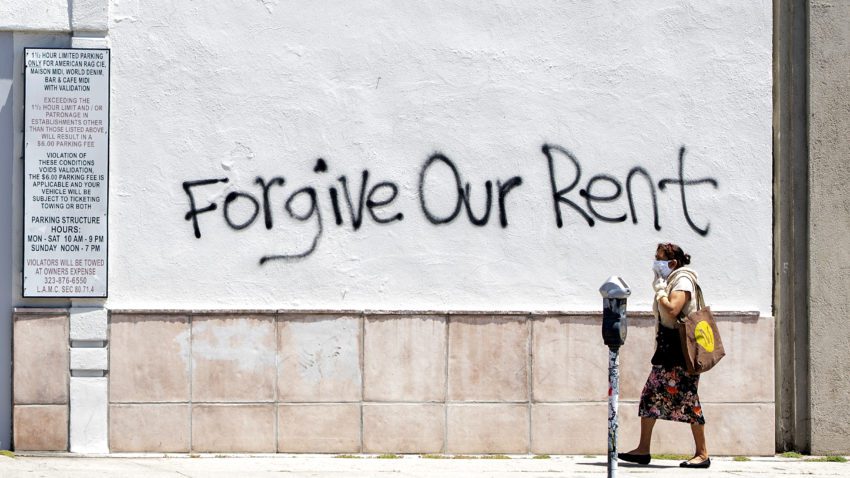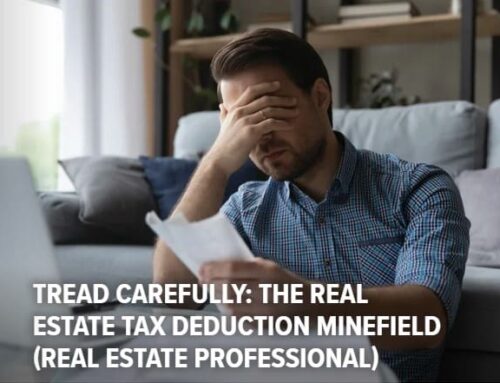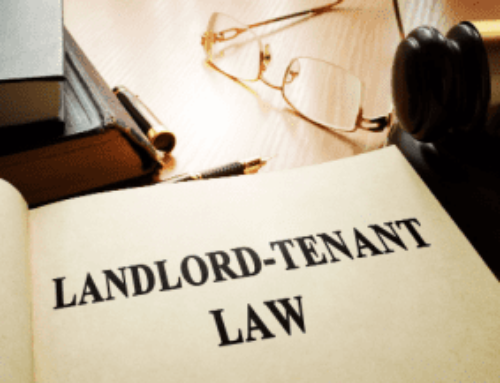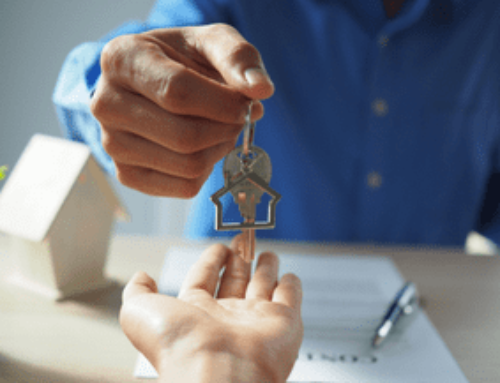On March 13, 2020, President Donald Trump declared a national emergency over the outbreak of the coronavirus (COVID-19), a public health emergency that has affected all 50 states, and in conjunction with the Centers for Disease Control and Prevention (CDC) issued a 30-day social distancing guideline for the states to follow. In response, most states have issued further directives to their citizens regarding social distancing, closures of nonessential business, limitations on travel, restrictions on evictions and foreclosures, and cleaning and disinfecting procedures. As these recommendations continue to evolve, landlords, condominium associations and property managers (collectively, Property Owners/Managers) have growing concerns over how the health, safety, security and privacy standards recommended by the CDC will affect the management and operations of their buildings. This article will list practical recommendations for Property Owners/Managers to implement during the COVID-19 event.

1. Understand Your Duty
The general rule of law is that Property Owners/Managers owe a duty to exercise due care for their residents’ safety, with condominium associations having the heightened fiduciary duty to act in the best interest of all of their residents. This duty is generally limited to the lines of ownership of the Property Owner/Manager, i.e., the areas under the Property Owner/Manager’s control. As such, it is important that Property Owners/Managers thoroughly read through their respective controlling documents (i.e., the lease, declaration of condominium or property management agreement) to determine what areas or services are under their control (i.e., elevators, pool, janitorial services, security, stairwells) and what obligations they have to their residents in maintaining these areas. Historically, as long as the Property Owner/Manager exercises due care in maintaining the common areas, courts will not impose further duties (unless the controlling documents state otherwise) on the them. In addition, the controlling documents may detail how additional costs for measures implemented in response to the COVID-19 event (such as cleaning and remediation costs) are shared between the Property Owner/Manager and the tenant.
After reviewing the controlling documents, it is important for Property Owners/Managers to be educated on their local laws and statutes to determine whether there are any additional responsibilities imposed or additional powers granted to them under state law. Most states have a landlord-tenant act, condominium act and/or not-for-profit corporations act that proffers guidance on the rights and obligations of Property Owners/Managers under state law. It is important to note that these statutes do not abrogate, but rather ratify, the common law. In addition, the state statutes can also give broader powers to Property Owners/Managers that are not outlined in their respective controlling documents.
Although the some states statutes were drafted with natural disasters creating property damage in mind, many of the emergency powers granted under the statute can apply to the COVID-19 event, again highlighting the importance of understanding the local laws and statutes of your respective states.
2. Stay Informed
With the ever-changing landscape on the federal, state and local levels, it is vitally important that Property Owners/Managers keep abreast of the directives and orders being issued that may affect day-to-day operations at their properties. Not only are these directives and orders important in helping Property Owners/Managers make informed decisions about next steps during the COVID- 19 crisis, such as whether to close the common areas or limit visitor access, they may also give additional powers to Property Owners/Managers to help protect their residents and their properties during the COVID-19 event.
Staying informed on the Property Owner/Manager level also allows the Property Owner/Manager to make faster decisions, disseminate information to its residents in a timely and effective manner, and ensure that they are complying with local laws. For example, most states impose requirements on Property Owners/Managers to comply with applicable building, housing and health codes.
Lastly, there may be restrictions on Property Owners/Managers related to evictions and foreclosures during the COVID-19 event. Understanding what those restrictions are and how they apply during and after the COVID-19 event will allow Property Owners/Managers to effectively assess the economic impact to their business and the appropriate measures to take to mitigate those risks. In addition, there may be federal, state and local financial relief efforts that Property Owners/Managers may be able to take advantage of to help soften the financial impact of the COVID-19 event.
3. Be Proactive
During these uncertain times, residents may look to Property Owners/Managers for guidance on how to maintain the property during the COVID-19 event. Informing residents that the Property Owner/Manager is aware of the COVID-19 event and is taking the necessary precautions to stop the potential spread of the virus throughout the building offers reassurance to residents and also prepares them for eventual closures of common areas or other emergency procedures that may need to be implemented. Other ways to be proactive include, but are not limited to:
- Closing down common areas such as pools, clubhouses, tot lots, workout areas or any areas within the control of the Property Owner/Manager that may attract large gatherings.
- Postponing community events until the spread of the COVID-19 virus is contained.
- Communicate changes to building maintenance schedules, such as limiting requests to emergency repairs only or delaying nonemergency building maintenance for a reasonable amount of time.
- Posting the CDC recommended guidelines and materials to educate tenants, employees and visitors about all suggested and mandated “social distancing” and “shelter in place” measures.
- Thoroughly cleaning and disinfecting common areas to help stop the community spread of the virus.
- Preparing an emergency response plan for the property.
Another way Property Owners/Managers can be proactive during the COVID-19 event is by being supportive of their residents. The COVID-19 event has been stressful on numerous parties, and emotions may be at an all-time high within the property. Maintaining an open dialogue with your residents and setting reasonable expectations about procedures and the Property Owner/Manager’s general ability to provide guidance during this time are essential to preserving the relationship between the Property Owner/Manager and tenants. In addition, open dialogue with tenants may allow Property Owners/Managers to be better informed about cases of COVID-19 on the premises.
It is important to remember that each state has privacy laws and regulations that must be adhered to, and protecting the privacy of each resident is paramount. Personal information regarding an infected individual should not be shared with other residents within the building, unless prior written consent is obtained. Property Owners/Managers may, however, provide residents in the building with a general statement that an individual on the premises tested positive for COVID-19 and include information on the procedures the Property Owner/Manager plans to implement to clean and sanitize the common areas of the building.
In all, following these three steps – understanding your duty, staying informed and being proactive – during the COVID-19 event may help Property Owners/Managers best address their concerns regarding managing and operating their properties in a safe manner.
4. Federal eviction moratoriums
A portion of the CARES Act that expired on July 25th, 2020 did require some landlords to observe a 120-day eviction moratorium. In other words, even if a tenant didn’t pay rent for 120 days, they could not be evicted legally if their apartment fell under certain conditions—one of which was if your property had been financed by a federally backed mortgage.
5. Local eviction moratoriums
Arizona, has extended its local eviction ban until October 31st, so regardless of any lapse in federal protection, Arizona tenants cannot legally be evicted, nor can their nonexempt property be seized. Therefore, it is very important to check with your local government to see what eviction protections are still in place.
6. Rent is not forgiven
Eventually, these eviction prohibitions will be lifted, and at that time tenants behind in rent payments will have to figure out how they are going to make payments going forward while at the same time taking steps to pay back rent. COVID-19 eviction prohibitions do not usually wipe out past-due rent balances, although local governments may introduce new regulations covering the handling of past due rent when the evictions bans do expire.
7. There is help available
The Arizona Department of Housing has set up a site with a self-assessment questionnaire. Certain persons can qualify for COVID-19 rental assistance by completing the questions and continuing with the assistance process. Check your state’s resources if you think your tenant might qualify for help.
While the CARES Act does offer some protection against negative credit reporting for certain late payments, late rent payments can affect a tenant’s credit score. Many landlords—especially those with only one or two units—generally do not report late rent to credit bureaus and most follow the typical landlord guide on the majority of issues with tenants.
Position Realty
Office: 480-213-5251



